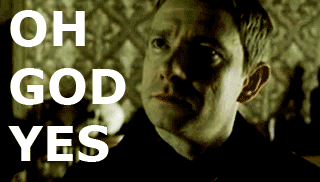There is the well-known question of whether a tree falling somewhere in a distant forest without a listener makes a sound.
It would, it just would not be observed by the one asking the question. But it would be by the animals in the vicinity, or the ground where the tree would fall on. Even if we remove these listeners
away from the picture, the tree would still produce sound waves. And if I wanted to know whether that tree has fallen, I could walk to the spot and observe then what the result is.
If you extrapolate this question you get to the question whether a god exists.
In what sense?
At least I go so far as to claim that there is no existence without consciousness.
Existence, in turn, is a concept of time. So time without space or matter would be for me a pure form of existence, simply a consciousness.
What had preoccupied me in the last few weeks was the question,
why should a Big Bang suddenly happen, or
why should God suddenly create the world.
No matter which point of view you take, it happened in any case.
I think that's a fallacy we humans, as conscious beings, tend to make when philosophising about the existence of life. Adding meaning to existence where
a form of conscious observation is required for it to exist and progress. We can't prove that, I think. Whatever happens here, lightyears away or at the other "end" of the Universe,
happens, with or without a conscious consent to it. Existence does not need any conscious approval.
The same is with the Big Bang, which did happen in any case, whether there would be an underlying reason to it or not.
Not shoving the topic into existential nihilism, but I think to process the subject of "why existence (consciously) exists" we should start off from the point
that there is no need for the "why" on existence.
Or in other words. The Big Bang happened. Could we possibly add a reason to why it would or should have happened.
I could imagine many ways in which a single consciousness would experience everything.
But in the same way I can also imagine a divided consciousness, which is unique in every being lives.
We have no way of finding out what it is really like. Of course, the question can also arise what it means to be real.
True. Would it be possible, in general to ever perfectly describe what consciousness is?

